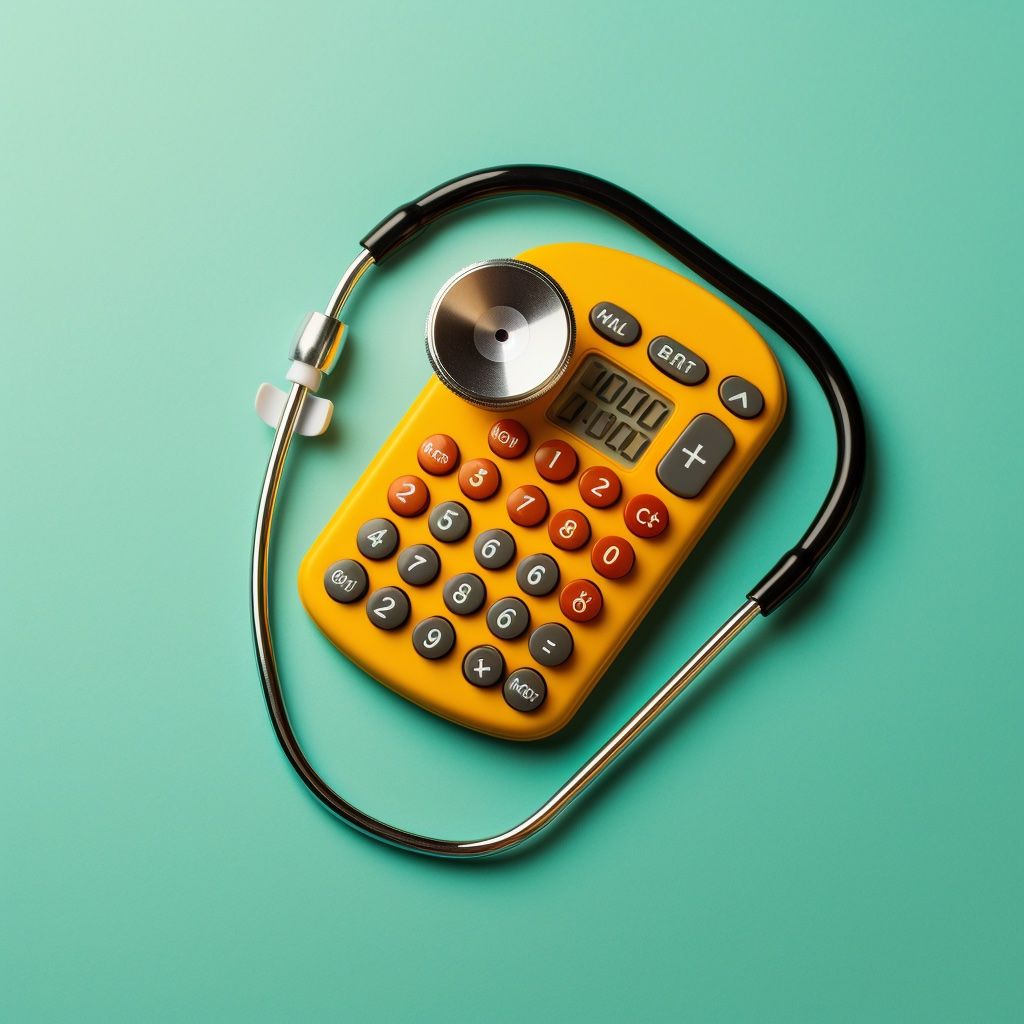What is the definition of digital therapy? What specific benefits does it provide, and is it reliable?
As part of a study conducted by the Clinical Research Infrastructure in Neuroscience at the ICM (Brain Institute), in collaboration with Medicen and France Biotech, we offer you an informed reading on this subject.
Digital Therapeutics
(DTx)
A new therapeutic approach for doctors.
What is it about ?
It is about scientifically validated treatments in the form of digital solutions (mobile applications, connected devices...).
Their objectives are to:
- "Treat" patients based on monitoring of health and/or behavioral data by modifying their behaviors to obtain a clinical response.
- Prevent or manage a clinical condition by ensuring monitoring of at-risk patients.
These digital tools can be used alone or in addition to traditional treatments (medications, devices, or other therapies).
Save Time
Approved
Playful
Empowerement
Among the pathologies targeted by DTx,
we can mention:

1.
Mental disorders such as depression, anxiety, post-traumatic stress disorder (PTSD), and sleep disorders;
2.
Chronic diseases such as diabetes, hypertension, asthma, and chronic obstructive pulmonary disease (COPD);
3.
Eating disorders such as anorexia, bulimia, and binge eating disorder;
4.
Addictions such as alcohol consumption, smoking, and illicit substance use.
Design & Validation
The same level of rigor is observed in the design of these therapies as for medication treatments, including the conduct of clinical trials to validate the results.
To better understand the difference between digital health, digital medicine, and digital therapies, here is a summary table that shows the definitions and necessary clinical validations.

CLINICAL PERFORMANCE OF DIGITAL THERAPIES
Several clinical studies have demonstrated the effectiveness of DTx in the management of various pathologies:
01
Mental Health
Studies have shown that certain applications based on cognitive-behavioral therapy (CBT) are as effective as traditional treatments in reducing symptoms of depression and anxiety. For example, the Deprexis or HelloBetter apps have demonstrated a significant reduction in depressive and anxious symptoms among users.
02
Hypertension
The CureApp application has shown clinical effectiveness on systolic blood pressure with a specific 12-week program.
03
Diabetes type 2
04
Sleep disorders
The Sleepio application, based on cognitive-behavioral therapy for insomnia (CBT-I), has demonstrated its effectiveness in improving sleep quality and reducing insomnia symptoms among users.
It is important to note that the clinical performance of DTx varies depending on the quality and rigor of the studies conducted, and that Control arms are often human standard of care and not digital placebos.
Reimbursement of Digital Therapies
Germany was one of the first countries to launch a reimbursement modality exclusively for digital therapies, called DiGA. These applications are reimbursed if they meet certain criteria (CE marking, no intervention by a physician, proof of clinical efficacy, information security requirements) following a prescription by a physician. Around fifty applications are reimbursed under this framework.
The United States has also reimbursed digital applications under relatively similar constraints. Belgium also offers reimbursement with a three-tiered pyramid. France will also begin reimbursing digital therapies starting this summer.











